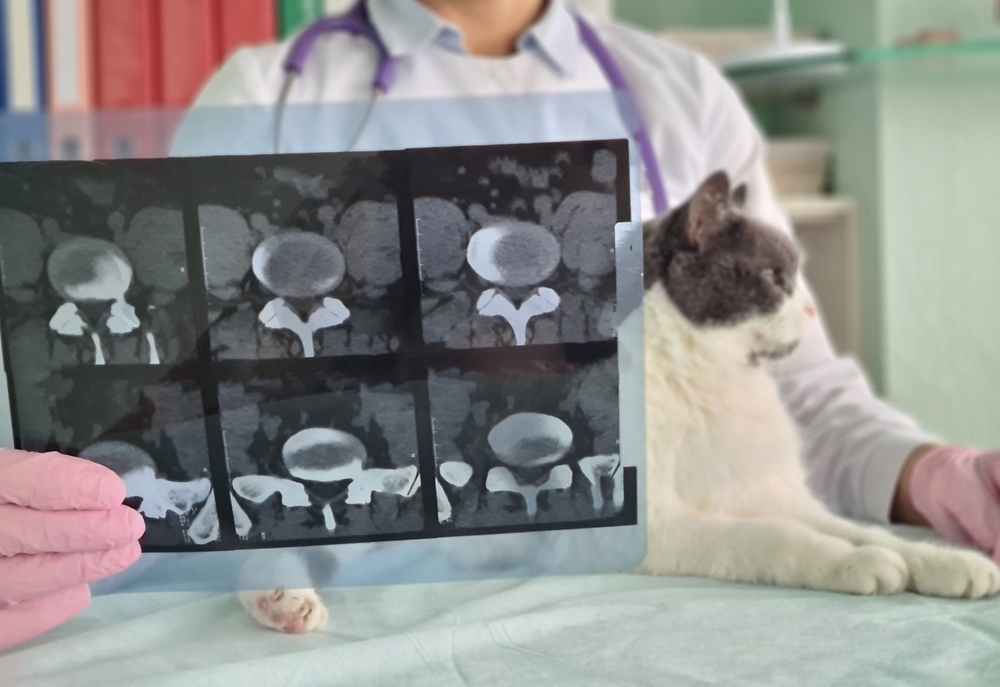Understanding the Role of Veterinary Internists
Veterinary internists play a critical role in the medical field, and their expertise is essential for pets experiencing internal issues. Internal medicine helps to ensure that your pets are healthy from the inside out. Keep reading to get a better understanding of the role of veterinary internists and when they can help your pet:

Veterinary Internists’ Focus
Veterinary internists have a broad scope of what they deal with. Since their specialty focuses on anything that happens inside a pet, this means that there is a wide range of conditions they treat. These include:
- Gastrointestinal disease
- Kidney disease
- Liver disease
- Endocrine disorders
- Infections diseases
- Blood diseases
- Respiratory diseases
- Urinary tract disease
Many times, an early diagnosis from an internist can prevent the need for a complicated surgery in the future.
Internal Diagnostics
There are many diagnostic tools that can help veterinary internists make an accurate and quick diagnosis. While some of these diagnostic tools are the same as those used in general medicine, a veterinary internist will do a deeper dive to try to find the real source of an issue. These include:
- Ultrasounds
- Gastronomy tubes
- CT scans
- Endoscopy
- Digital radiography
- Biopsies
- Stenting
Piecing Together the Internal Puzzle
Veterinary internists use a lot of tools and observations to come to a diagnosis for an animal dealing with some kind of internal issue. They will combine the diagnostic results with knowledge about the pet’s medical history, clinical signs, lab results, and results from special testing. They are often referred to as the “puzzle solvers” in the veterinary industry because they have to combine information from various sources to figure out what’s happening inside an animal.
When to See a Veterinary Internist
There are a variety of scenarios in which it might benefit you to see a veterinary internist. If traditional testing and diagnostic methods are not uncovering a pet’s issue, a general veterinarian might refer you to a specialist like an internist. Sometimes, pets will go to veterinary internists if traditional treatment methods are having no effect on their condition.
Veterinary internists can also step in when an animal is not responding to a particular kind of therapy. Because they look at the pet as a whole, they can usually connect the dots on a condition that might not be clear with traditional testing or treatment methods.
Chronic Issues
Veterinary internists will be important tools for pets with chronic health conditions. These conditions are usually not treatable, but they can be managed. They include:
- Endocrine diseases like diabetes or Cushing’s disease
- GI conditions like irritable bowel disease
- Cardiovascular diseases like heart failure
- Respiratory diseases like asthma
- Infectious diseases like parvo
Oakland Veterinary Referral Services is proud to have a team of board-certified veterinary internists who are here to help your pets. Whether your pet has a hard-to-treat condition or you are trying to get an initial diagnosis, we want to help them feel their best. To learn more, please call (248) 334-6877.


